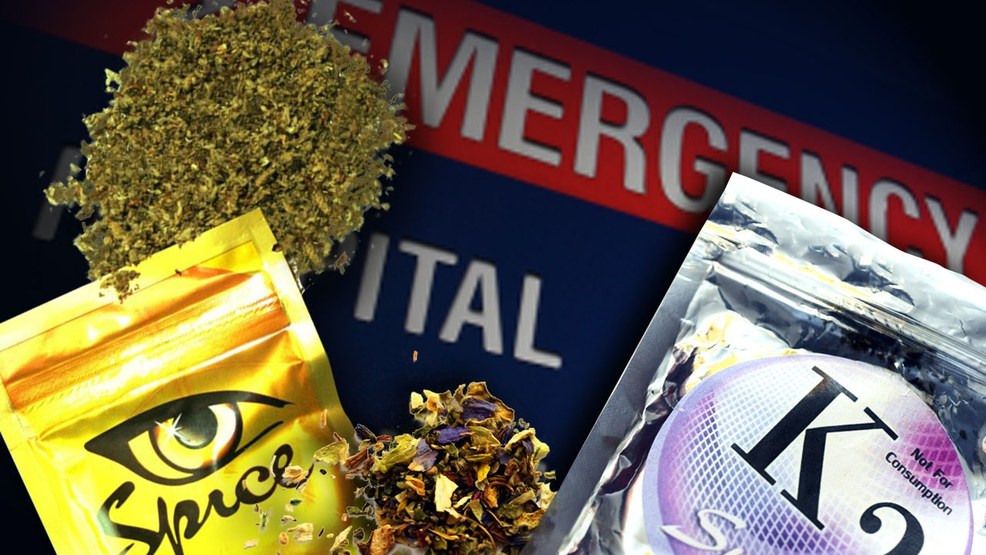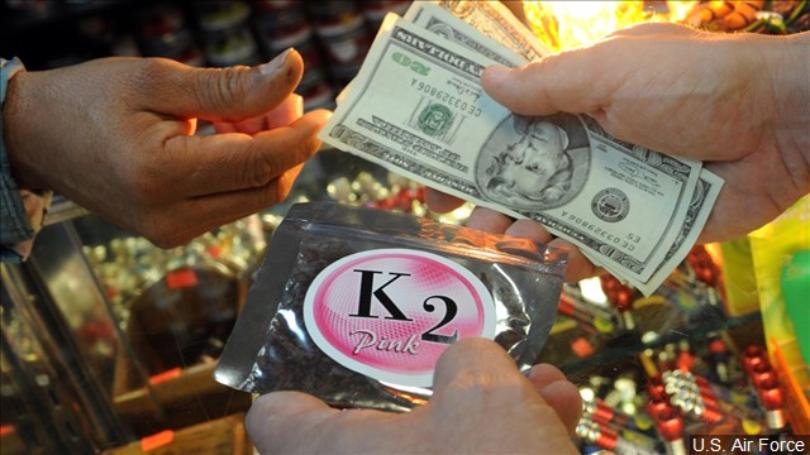One doctor in Scotland has proposed a novel idea to make prisons safer: give inmates marijuana.
Dr. Stephanie Sharp believes that giving prison inmates free marijuana could prevent violence and overdose deaths resulting from makeshift prison drugs. In Sharp’s opinion, inmates are going to use drugs either way—so what drugs would we prefer they use?
In the absence of marijuana, many inmates make drugs out of chemicals, prescription pills or other items they find inside the prison. Some inmates have even resorted to smoking coffee saturated paper for the caffeine high or snorting crushed up e-cigarette filters.
Inmates have also gotten ahold of synthetic forms of marijuana that are much more dangerous than the real stuff. There has yet to ever be a recorded death resulting from cannabis use. However, last year in Scotland, an inmate died after consuming synthetic marijuana known as “spice.” Prisons in the United States have experienced similar problems as synthetic forms of marijuana have made their way into the possession of inmates in states like North Carolina and Arkansas.
“Psychoactive substances like Spice are illegal but all they have to do is change a chemical and they become legal again. Because we are not addressing the issue of psychoactive drugs, we are condemning people to death in prisons and on the streets,” says Sharp to Civilized.
George Whitfield, age 56, works with a physical therapist at California State Prison, Solano, on December 16, 2013 in Vacaville, California. This is Whitfield’s fourth time in prison—his current sentence is six years. He was sentenced for possession of narcotics with intent to sell and an illegal firearm. Whitfield denies the charges, saying police searched his house without presenting a warrant and only found marijuana that he used personally and a firearm he kept in his home.
His previous three sentences, dating back to 1989, were allegedly for possession of marijuana, which he says he has only used recreationally. According to Whitfield, he suffered a stroke in 2007, which now forces him to use a walker.
He also suffers from high blood pressure and has recently experienced numbness in his left arm. While Whitfield believes the prison officials at Solano are “fair, they’re only doing their job,” he also laments, “they should have sent me to rehab…they’re not trying to save my life, they’re trying to ruin it.”
Sharp believes that legalizing recreational and medical marijuana will reduce these unnecessary drug-related fatalities. There’s also the potential for marijuana to reduce violence in prisons. Marijuana proponents have long noted the plant’s pacifying effects on users. One study found an average 13% reduction in violent crime in legal-marijuana states. Another study found a correlation between marijuana use and a decrease in domestic violence.
Cannabis has also been proposed as a way for people to reduce their use of more dangerous drugs, like opioids. In one study, two out of three pain patients swapped cannabis for opioid pain medications when given the option.
In addition to benefiting Scotland’s incarcerated populations, a program designed to encourage the substitution of cannabis for more deadly drugs could benefit the country’s general population.
In 2016 alone, 867 people in Scotland died from drug-related causes. This represents a 106% increase from the number of drug-related deaths just a decade prior. Most of these deaths involved prescription and illicit opioids.
Additionally, giving the general population access to legal cannabis would prevent many Scottish people from ending up in prison in the first place. According to 2014-2015 and 2015-2016 samples from the Scottish Government, roughly two-thirds of drug possession crimes in those years involved marijuana. Sixty-five percent of those arrests were young people between the ages of 20 and 39.
Still, Sharp’s proposal may be a long way off: recreational and medical marijuana are both still illegal in Scotland. A conversation around legalization is slowly gaining traction in the country.
credit:420intel.com



